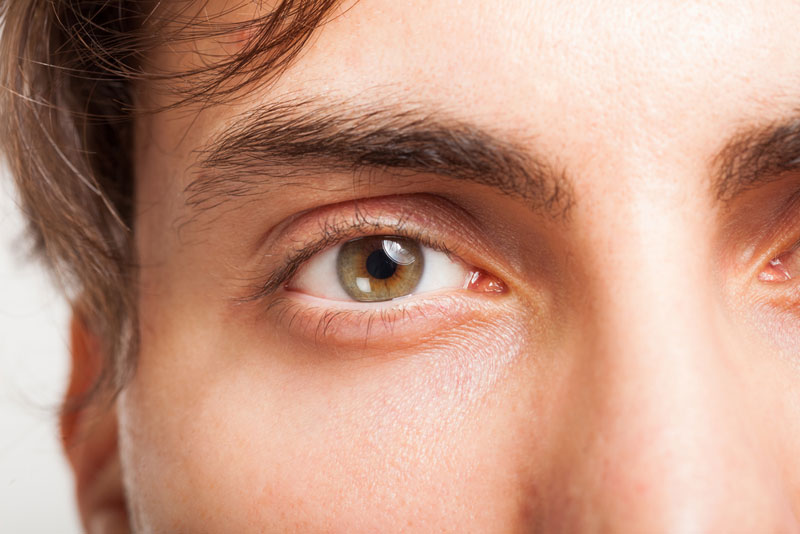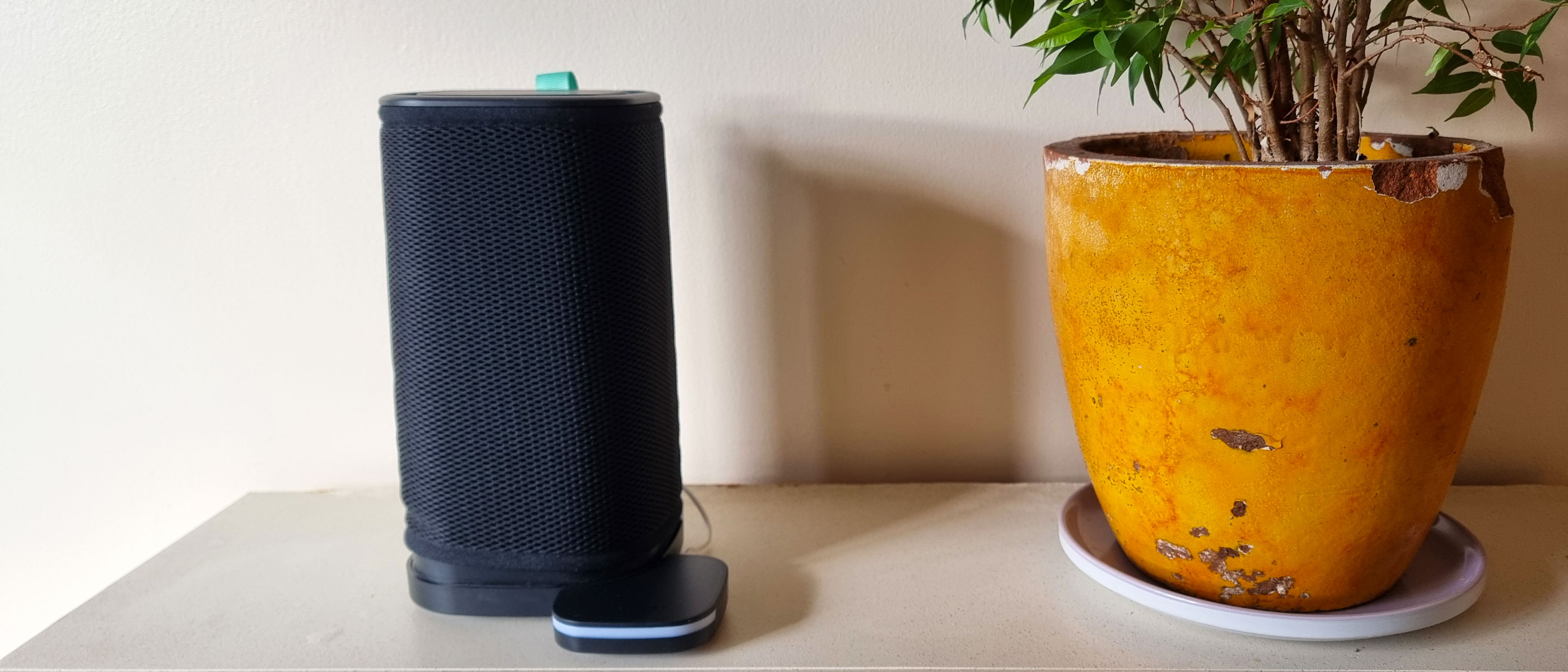Why Inhaled 'Poppers' May Cause Eye Damage

Newer types of "poppers" — which are inhalant drugs that people use recreationally — may be toxic to people's eyes, according to a new report.
Poppers are often sold in sex shops or online, but cannot be legally sold as a product for human consumption; they are often labeled as household products such as "video head cleaners" or "room odorizers," according to a 2014 paper. The drugs are colorless liquids that, when inhaled, can cause temporary euphoria and sexual arousal.
The new report describes 12 cases of people in southern England who experienced vision problems shortly after using poppers. Several of the patients had been using poppers for 20 years or more, but they only experienced vision problems after switching to a new brand.
When the researchers analyzed the chemical composition of the poppers that the people had used, they found that one chemical, called isopropyl nitrite, was linked with eye damage. This chemical started to show up in poppers after 2006, when legislation in Britain banned the use of a similar chemical in the drugs, called isobutyl nitrite, the researchers said.
"On the basis of the products tested here, it seems that isopropyl nitrite is toxic to the fovea [a small pit in the middle of the retina], and can cause significant visual disturbance," the researchers wrote in the April 10 issue of the British Journal of Ophthalmology. [27 Oddest Medical Cases]
When the chemical composition of poppers started to change in 2006, doctors also noticed an increase in reports of eye damage linked to the drugs. But it wasn't clear whether this increase was due to certain chemicals in poppers, more widespread use of the drugs or better detection of the type of eye damage seen in the cases, the researchers said.
In the new report, the 12 patients were seen at an eye clinic in Brighton, England, between 2013 and 2016. All of the patients were men, and they ranged in age from 31 to 59. The patients reported vision problems, such as blurriness or blind spots, that started within hours or days after they inhaled the drugs. High-resolution images of the back of patients' eyes showed damage to the fovea.
Sign up for the Live Science daily newsletter now
Get the world’s most fascinating discoveries delivered straight to your inbox.
The patients used a total of seven different drugs, and when the researchers tested them, they found that six contained isopropyl nitrite. In the one case where the product didn't contain isopropyl nitrite, the researchers discovered that the popper drug was not linked with the eye problems that the patient was having.
Most of the patients fully recovered from their symptoms within a few months after they stopped using the products. However, some patients continued to experience vision symptoms even months after they stopped using them.
It's not clear why some patients didn't recover from their symptoms, but it could be related to how frequently they used the product, the brand they used or their individual susceptibility to this side effect, the researchers said.
More studies are needed over longer periods that follow users of poppers that contain isopropyl nitrite to better understand the long-term effects of these products, the researchers said. It's also not clear what fraction of popper users will experience vision problems as a side effect of the drug.
Original article on Live Science.

Rachael is a Live Science contributor, and was a former channel editor and senior writer for Live Science between 2010 and 2022. She has a master's degree in journalism from New York University's Science, Health and Environmental Reporting Program. She also holds a B.S. in molecular biology and an M.S. in biology from the University of California, San Diego. Her work has appeared in Scienceline, The Washington Post and Scientific American.











